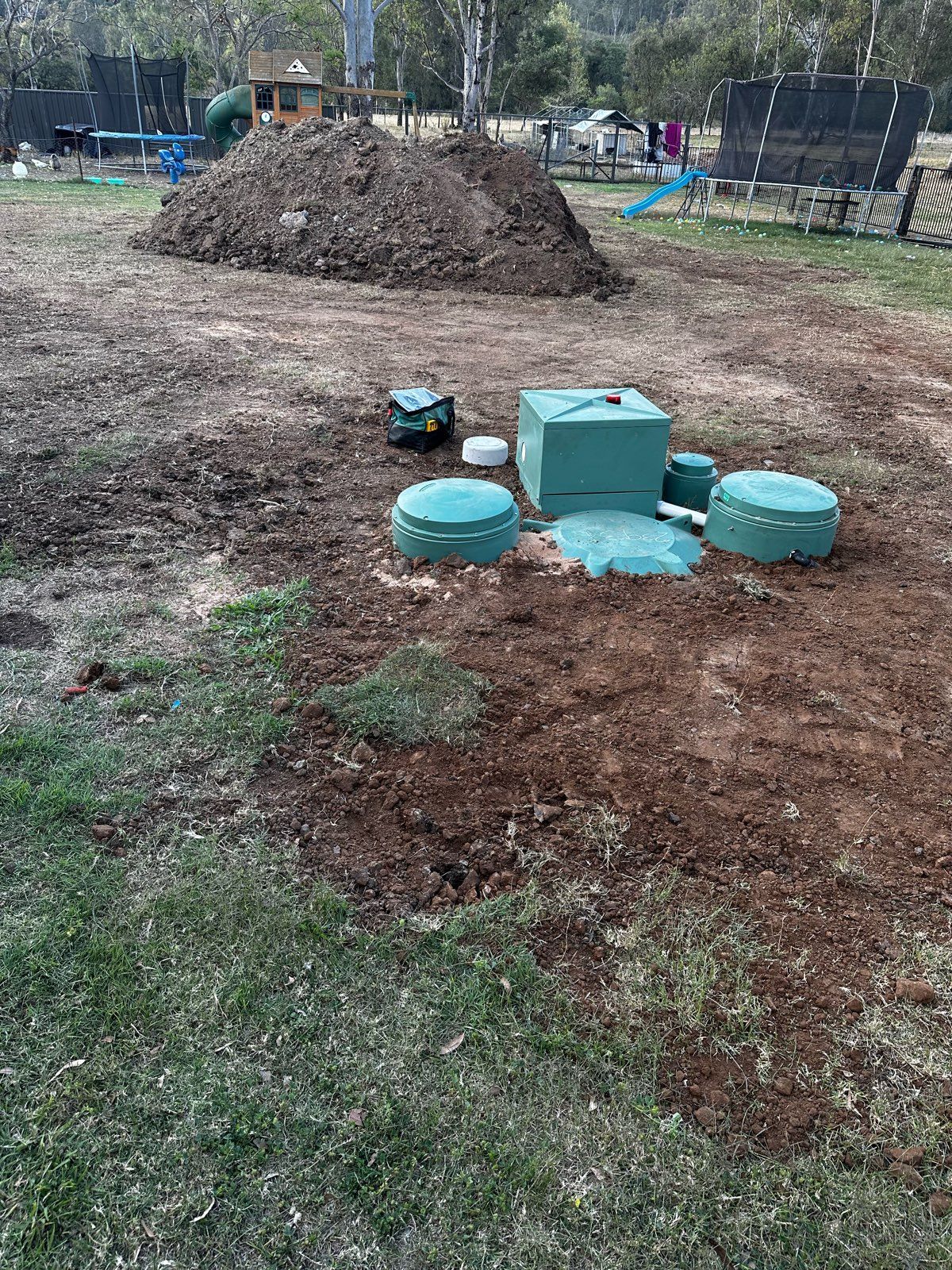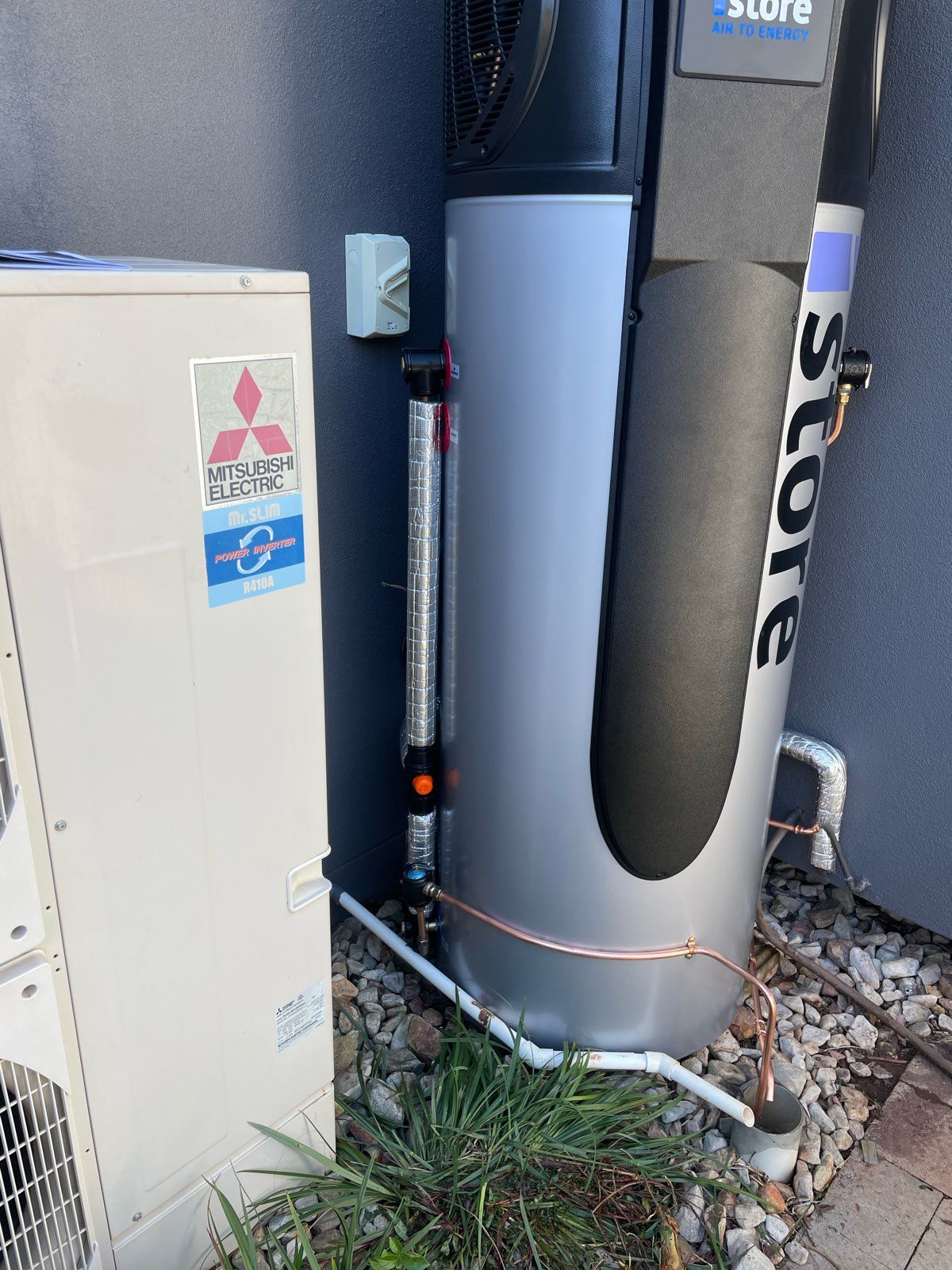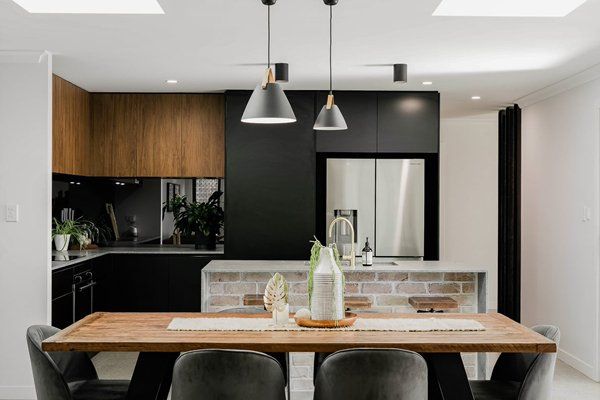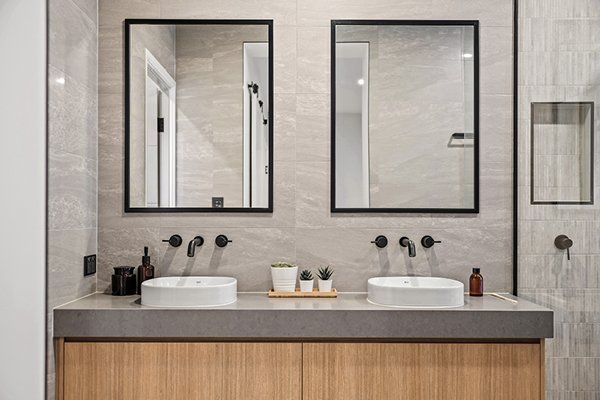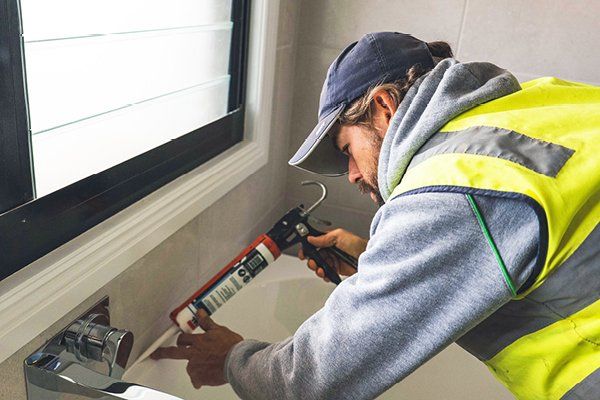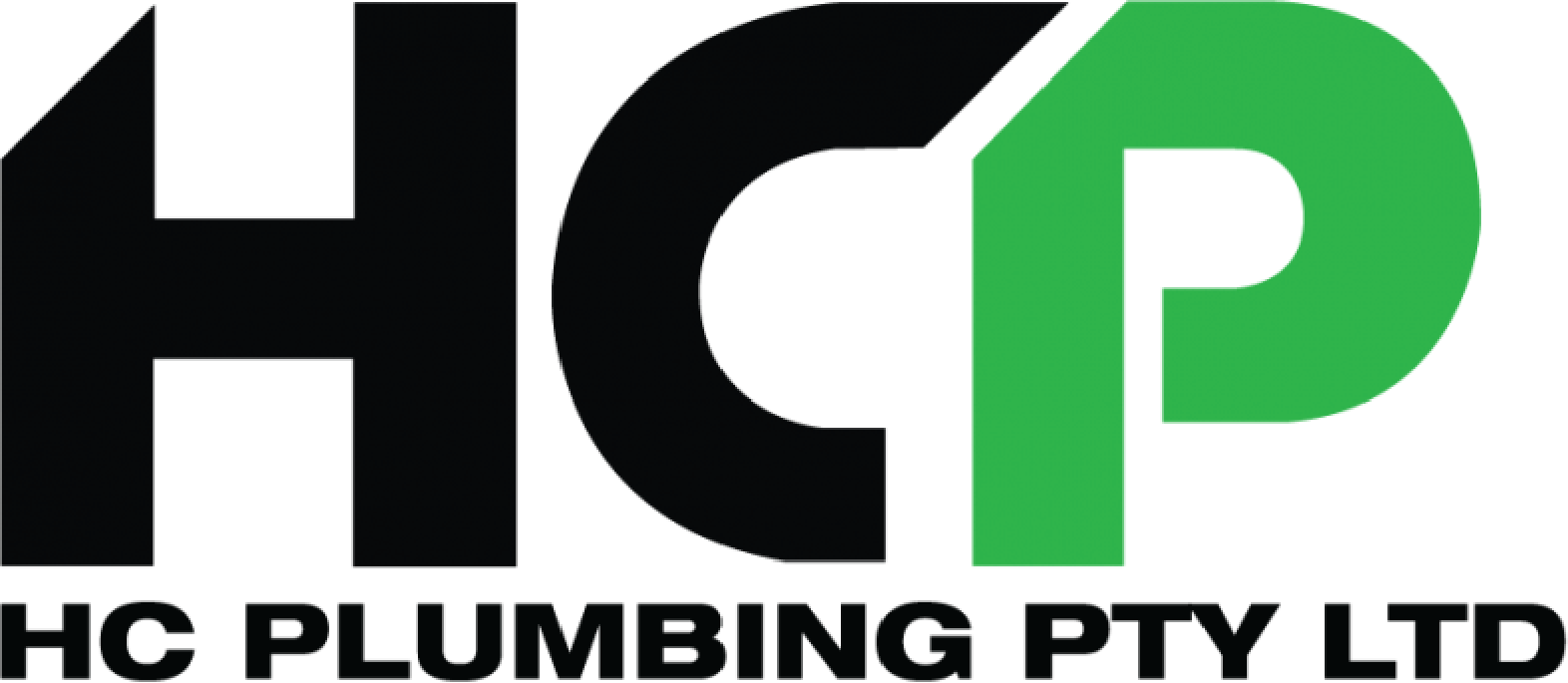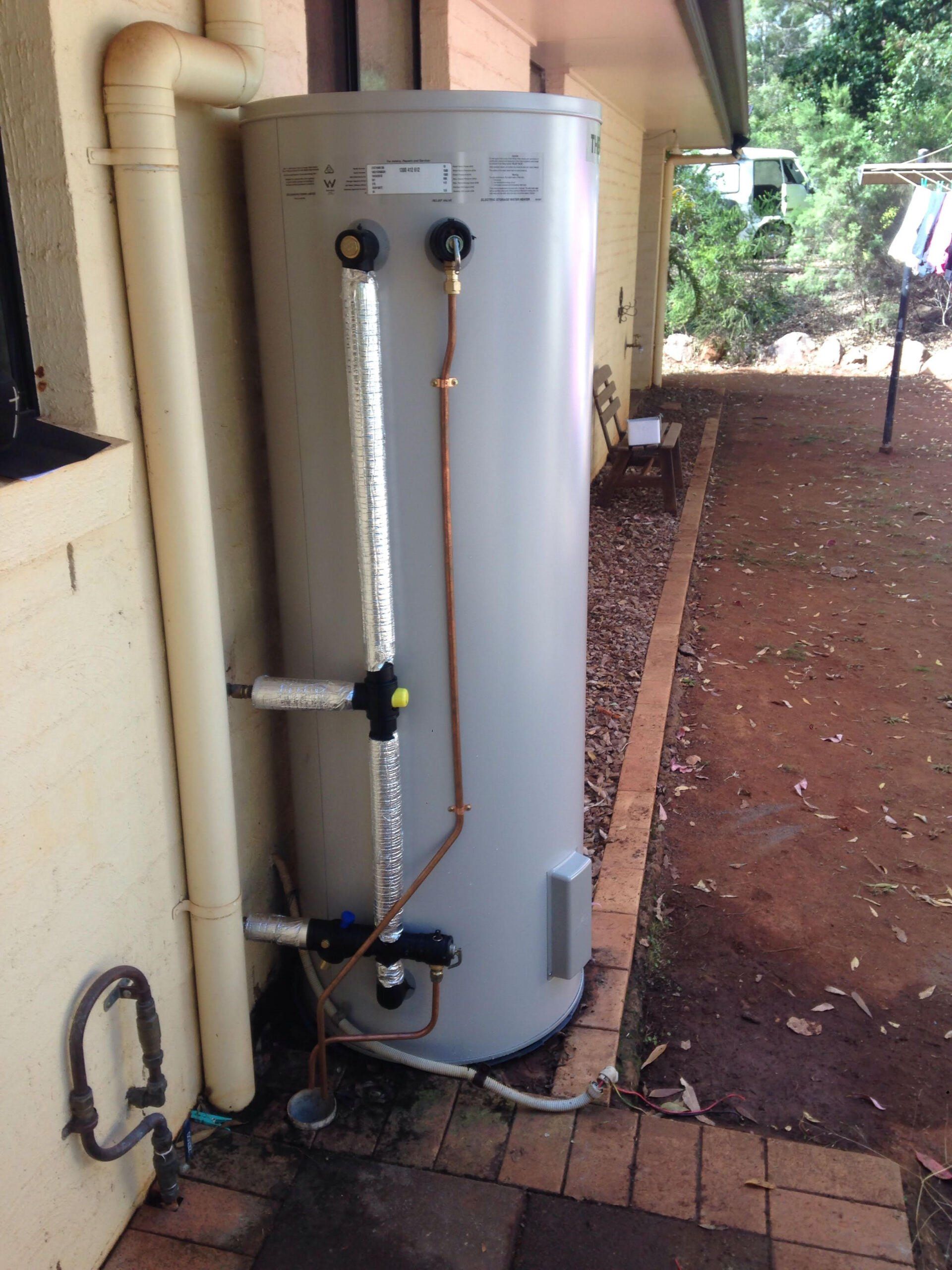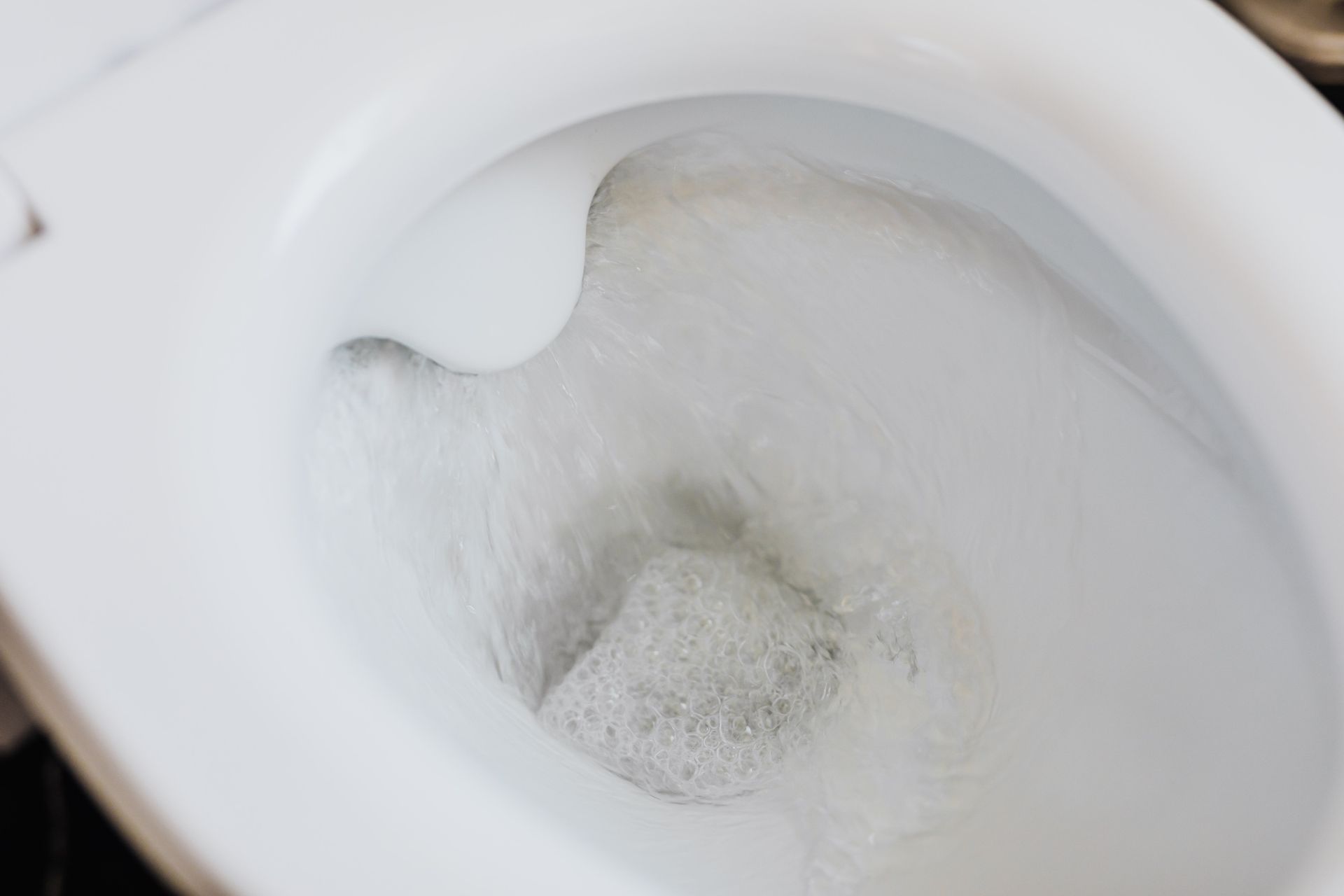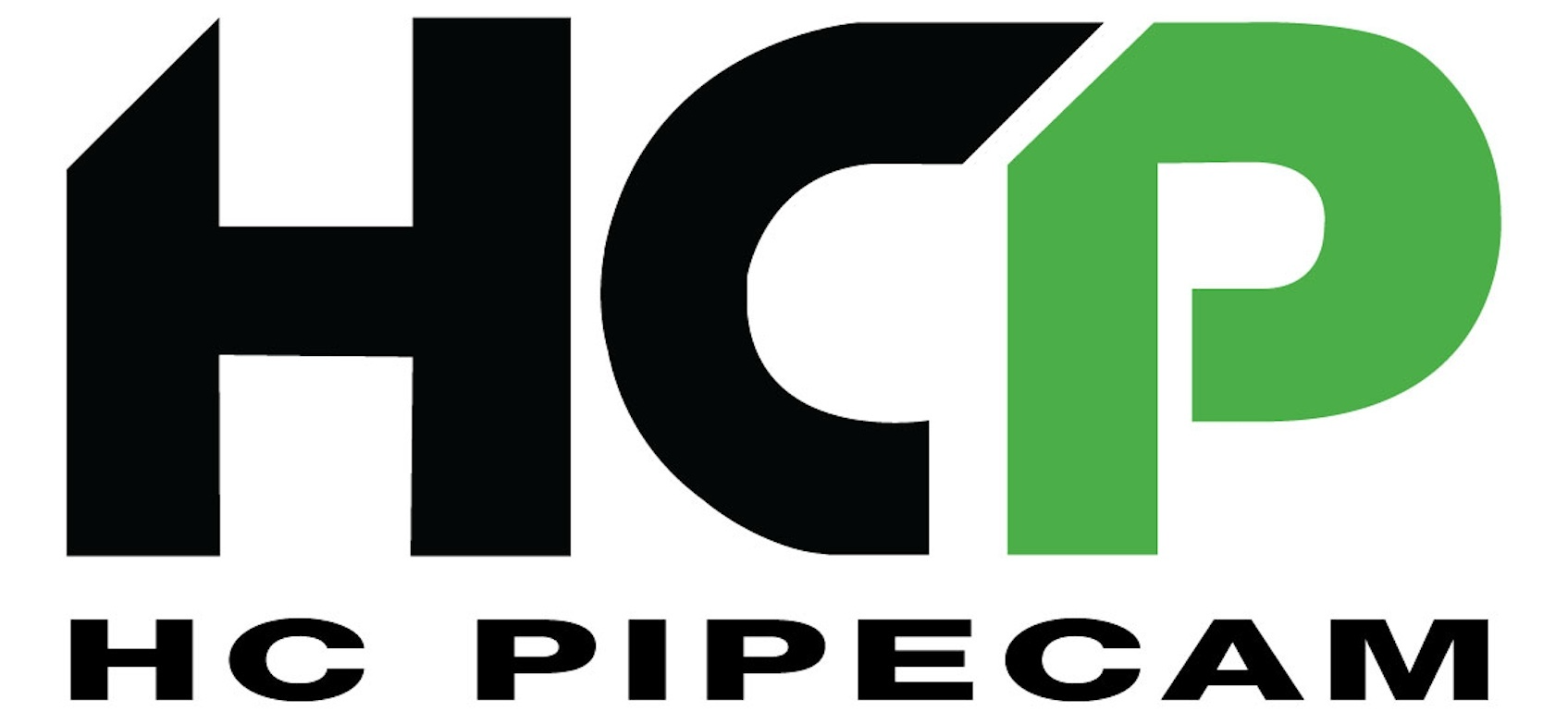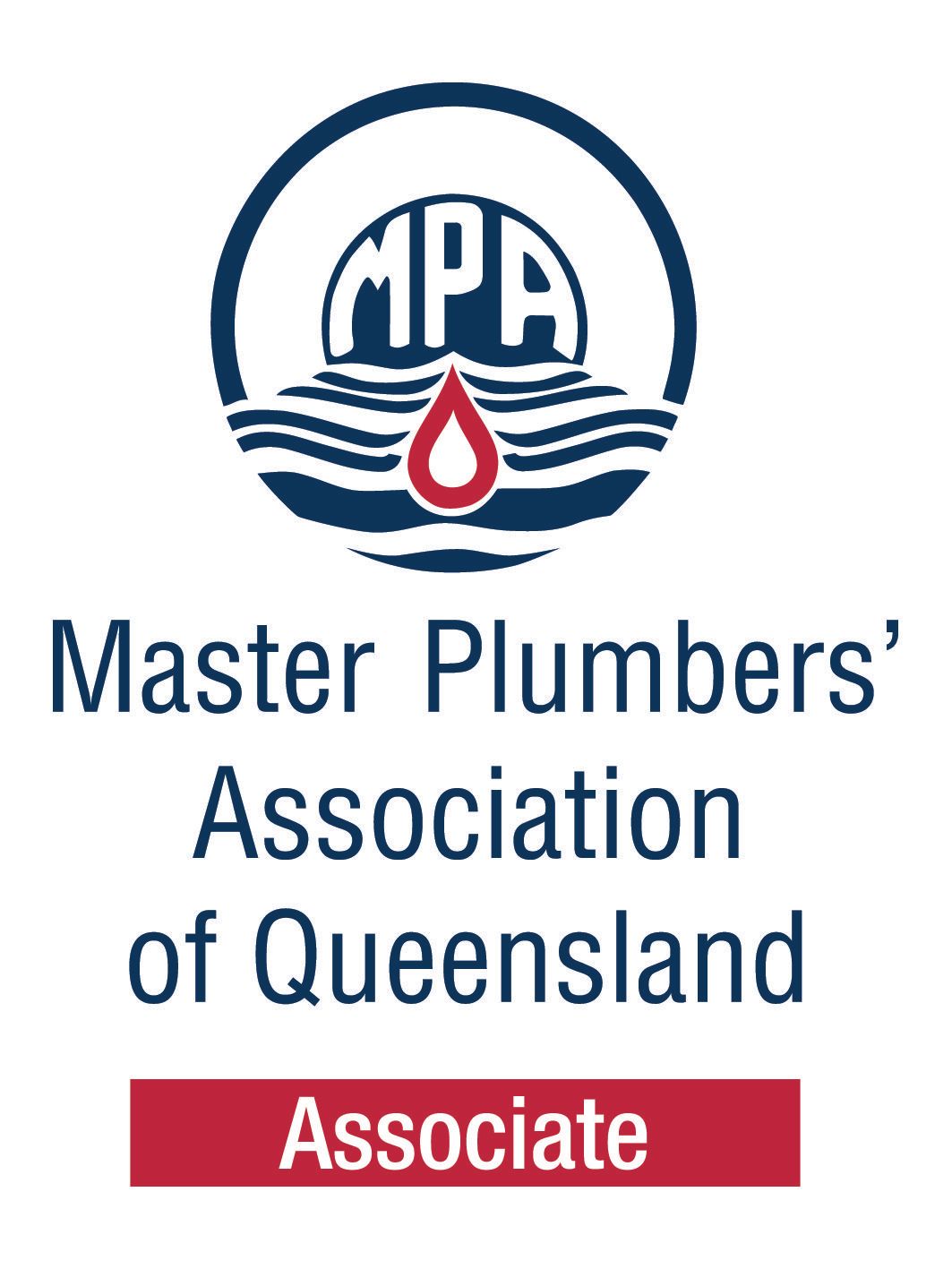Should you filter your water? Even town water?

Should you filter town water?
Town water (supplied via your water main) in Australia is generally thoroughly tested and safe to drink straight from the tap. In the event that it is not (due to flooding, breakdowns etc) you will be notified to boil it first.
But just because tap water is generally safe to drink straight from the tap, should you?
Many of the additives that are added to tap water, to treat it and make it safe, like chlorine - can be tasted and smelt, and while they are considered “safe” to consume, their consumption can be unpleasant.
Showering in hot water with a high chlorine content, which can smell bad, trigger breathing difficulties and asthma, and dry out your skin and hair may also be an issue for some families.
Other additives like Fluoride, are quite controversial with mixed reports as to their safety in drinking water.
Filtering town water is a very personal choice, and can be done in the event that you are wishing to purify the water further, making it more than just ‘safe’ to drink or shower and bathe in.
Should you filter untreated water?
If you are required to maintain your own water source and are using tank/rain water, bore water or a water reservoir (like a creek or dam) you will be responsible for removing all nasties from the water, such as taste, odour, particles, chemicals (notably pesticides), heavy metals, and parasites (such as Giardia, e-coli and Cryptosporidium).
This will require you to maintain the water source; ensuring there are no animal carcasses in or near your reservoir, gutters or water tank, no bird droppings on your roof, and that chemical run off is minimal (i.e. removing downpipes to tanks before cleaning your roof and ensuring that dams are not catching water that is running off fields where pesticides are being heavily used).
In addition to the basic maintenance of your water source, if your water is not being treated by a local government body and made safe for your consumption, then YES, you should be filtering it yourself!
What sort of filtration do you need?
The sort of filtration that you require really depends on your reasoning for filtering the water in the first place.
If you are simply wanting to improve the aesthetics of your water (the taste/smell/look) prior to drinking, then you may be able to do this with a bottle, jug, bench, tap mounted or inline water filter (plumbed into your drinking water tap before the outlet).
If you are wanting to improve the aesthetics of the water to your whole house, then a whole house filter, plumbed into your main prior to entry to your home may be your best option.
Generally a filter to filter aesthetic impurities will not need to be as stringently tested or as expensive as one that needs to remove more dangerous impurities.
If you are needing to remove not only aesthetic impurities, but potentially harmful ones, such as pesticides, heavy metals and parasites, there are several different options for safely filtering your water, from very fine antibacterial filters, to reverse osmosis and UV light filters (or a combination of multiple methods of filtration).
The National Sanitation Foundation International (NSF International) do offer certification for water filters, with certification of filters advising as to what level of filtration different filters provide, although not all manufacturers have their filters certified, as particularly for small business, this certification can be expensive.
As a general rule;
- NSF 42 covers aesthetic effects (taste, smell etc)
- NSF 53 covers health effects such as parasites (giardia, cryptosporidium), organic chemicals (like pesticides) and heavy metals
The Australian standard AS/NZS4348 covers a wide range of contaminants, including taste, smell, microbiological and chemical impurities.
Once you have your water filtration option implemented, it is really important that it is properly maintained. Water filtration is never a set and forget solution, it will require ongoing investment and maintenance. If you fail to replace and maintain your filters frequently enough, you may find that your water quality will actually end up worse than it was prior to installing your filtration system.
As a general rule, filters will need to be replaced AT LEAST every 12 months. However, this may be required more frequently depending on the type of filtration you use and the quality of the water you are filtering.
If you think that water filtration is required for your home, please contact us on
0439 648 390 and we will be able to provide the best recommendation for water filtration specific to your personal needs.
EXPLORE MORE
